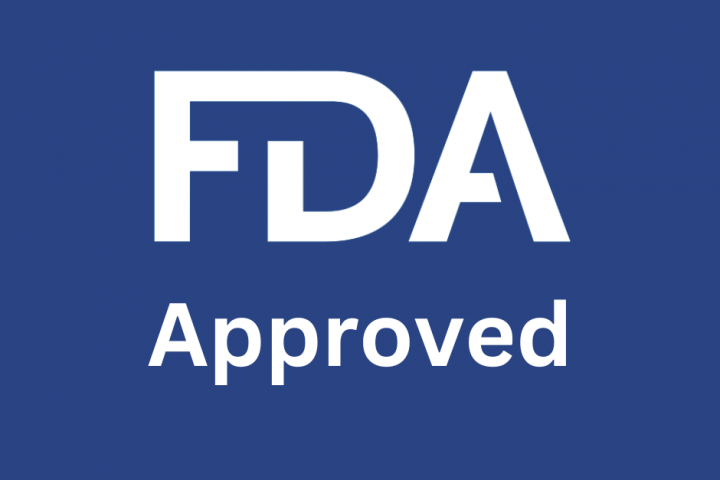Dr. Luke Fletcher
Willamette Valley Cancer Institute & Research Center
Philadelphia positive acute lymphoblastic leukemia treatment has been driven by the combination of tyrosine kinase inhibitors targeting BCR-ABL in conjunction with a backbone of chemotherapy of varying types. However, a recent study with the combination of ponatinib (3rd generation BCR-ABL TKI) plus blinatumomab (a CD19-CD3 bispecific T-cell engager) is challenging this paradigm with a chemotherapy-free regimen that is highly effective.
In a Phase 2 study at MD Anderson (1), 60 patients aged 18 years or older with newly diagnosed or relapsed/refractory Ph+ ALL or CML in lymphoid blast crisis were enrolled. Ponatinib 30mg orally daily was given with continuous blinatumomab for 28 days every 42 days for 5 cycles. This was then followed by ponatinib monotherapy. CNS prophylaxis was included. The primary endpoint was complete molecular response (BCR-ABL1 transcript at detection of 0.01%) in the newly diagnosed ALL cohort and overall response in relapsed/refractory ALL or CML in lymphoid blast crisis.
38 patients with Ph+ ALL were enrolled with 33 (87%) obtaining complete molecular response. In the relapsed/refractory ALL cohort, 12/13 (92%) had response with 11 having a complete response. In the CML group, 5/6 (83%) had response with 2 complete molecular responses.
In the ALL cohorts, the durability of response was especially impressive. The 1-year event-free and overall survival in the newly diagnosed was 95%, although the median survival was not reached yet at the time of the manuscript, with no relapses or leukemia-related deaths. In the relapsed/refractory cohort, 1-year event-free survival was 57%- and 1-year overall survival was 79%. The most common side effects included infections, LFT abnormalities, pain, and hypertension.
The early data was presented at ASH (2) and the manuscript’s release in Lancet Hematology was eagerly anticipated. This novel treatment regimen has great promise for a broad range of patients, but especially for patients who do not want or are not fit for chemotherapy. This may hold special promise in our elderly patients. The trial was amended on March 23, 2022, and is enrolling additional patients (Clinicaltrials.gov, NCT03263572).
References:
- Jabbour E, Short NJ, Jain N, et al. Ponatinib and blinatumomab for Philadelphia chromosome-positive acute lymphoblastic leukaemia: a US, single-centre, single-arm, phase 2 trial. Lancet Haematol. 2023 Jan;10(1):e24-e34. doi: 10.1016/S2352-3026(22)00319-2.
- Short N, Kantarjian H, Jain N, et al. Ponatinib and Blinatumomab for Patients with Newly Diagnosed Philadelphia Chromosome-Positive Acute Lymphoblastic Leukemia: A Subgroup Analysis from a Phase II Study. Blood 2022; 140 (Supplement 1): 513–515. doi: https://doi.org/10.1182/blood-2022-157775



![Bio_Marker_(2)1024_1[1] - The Cancer News Biomarker Testing In Cancer - Cancer News](https://thecancernews.org/wp-content/uploads/2023/08/Bio_Marker_21024_11-720x480.jpg)



